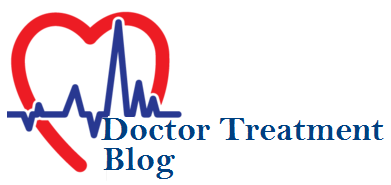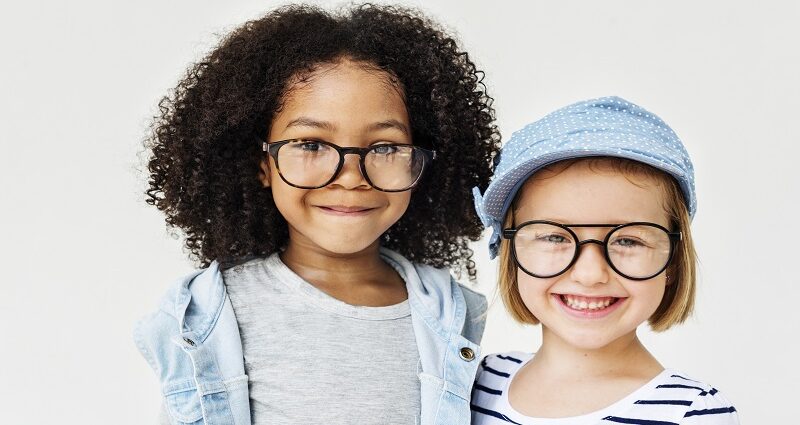As parents, we always want the best for our children. From their overall health to their education and well-being, we strive to provide them with everything they need. However, one aspect that is often overlooked is their eye health.
According to the American Optometric Association (AOA), 1 in every 4 children has an undiagnosed vision problem. This is a staggering number and highlights the importance of regular eye check-ups for children.
In this guide, we will discuss everything parents need to know about their child’s eye care in Atlanta.
Why Is Eye Care Important For Children?
As adults, most of us take our eyesight for granted. However, it is crucial to understand that children’s eyes are still developing, and early detection of any problems can prevent potential long-term issues.
The vision system in children is actively developing until the age of 7-8 years old. During this period, any underlying eye conditions or disorders can be easily corrected if detected early on. If left untreated, these problems can have a significant impact on a child’s learning ability, overall health, and quality of life.
Signs That Indicate Your Child Needs An Eye Exam
Children may not always be able to communicate their vision problems or even realize that they have one. As parents, it is essential to be aware of the signs that could indicate an eye issue in your child. Some common symptoms include:
- Frequent headaches
- Difficulty reading or focusing on objects
- Holding books or electronic devices too close to their face
- Squinting when looking at distant objects
- Sensitivity to light
If you notice any of these signs, it is crucial to schedule an eye exam for your child as soon as possible.
When Should You Schedule Your Child’s First Eye Exam?
The AOA recommends that children have their first comprehensive eye exam at 6 months of age. This is typically followed by another exam at 3 years old, and again at 5-6 years old, right before they start school.
After the initial exams, the frequency of eye check-ups depends on your child’s specific needs. If they do not require any vision correction or have any underlying eye conditions, they can go for an exam every one to two years. However, children who wear glasses or have a family history of vision problems may need more frequent check-ups.
Finding the Right Eye Care Provider in Atlanta
Living in a big city like Atlanta, there are plenty of options when it comes to eye care providers. However, not all doctors are experienced in treating children’s eye-related issues.
When searching for the right eye doctor for your child, it is essential to do some research and find a pediatric ophthalmologist or optometrist. These doctors specialize in treating children and have experience dealing with common childhood eye problems such as lazy eye, crossed eyes, and myopia (nearsightedness).
Additionally, you can also ask for recommendations from friends, family, or your child’s pediatrician. They may be able to provide you with valuable insights and help you find reputable Atlanta eye doctors.
Tips for Preparing Your Child for an Eye Exam
For many children, the idea of going to the doctor can be daunting and cause anxiety. This is especially true for a visit to an eye doctor, where they may have to wear unfamiliar equipment and answer questions about their vision.
To make the experience smoother for your child, here are some tips you can follow:
- Explain the purpose of the visit in simple terms. Let them know that it is just like a regular check-up but for their eyes.
- Use positive reinforcement and offer rewards for good behavior during the exam.
- If your child wears glasses, make sure they bring them to the appointment.
- Encourage them to ask questions and assure them that there is nothing to be afraid of.
Common Eye Problems in Children
There are several eye problems that are more common in children than adults. Some of these include:
Amblyopia (Lazy Eye)
Amblyopia, also known as “lazy eye,” is a condition where one eye has weaker vision than the other. This can happen due to a misaligned eye or a difference in prescription between the two eyes. If left untreated, amblyopia can lead to permanent vision loss in the affected eye.
Strabismus (Crossed Eyes)
Strabismus is a condition where the eyes are not aligned correctly, causing one eye to look straight while the other may be turned inwards or outwards. This can cause double vision and affect depth perception.
Myopia (Nearsightedness)
Myopia is a common refractive error in children, where they have difficulty seeing objects at a distance. It is often hereditary and can progress as a child grows.
Tips for Protecting Your Child’s Eye Health
As parents, there are several things we can do to promote good eye health in our children, including:
- Encouraging regular breaks from electronic devices and limiting screen time.
- Making sure your child wears protective eyewear when playing sports or engaging in activities that could cause eye injuries.
- Providing a balanced and nutritious diet that includes eye-healthy foods such as leafy green vegetables and fish.
- Teaching your child about the importance of hand hygiene to prevent eye infections.
Conclusion
In conclusion, children’s eye care is an essential aspect of their overall health and well-being. As parents, it is crucial to stay aware of any signs that could indicate an underlying eye problem and schedule regular eye exams for your child. By finding the right eye care provider and following some simple tips for promoting good eye health, you can help ensure that your child’s vision development stays on track and they can enjoy clear sight for years to come. So, remember to prioritize your child’s eye care in Atlanta!

